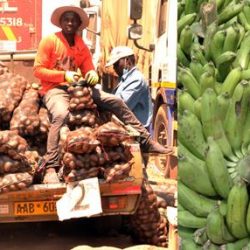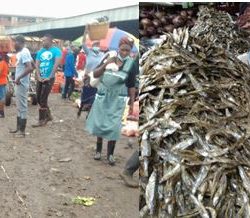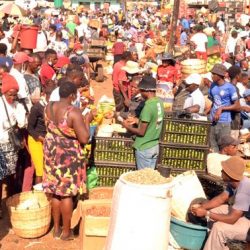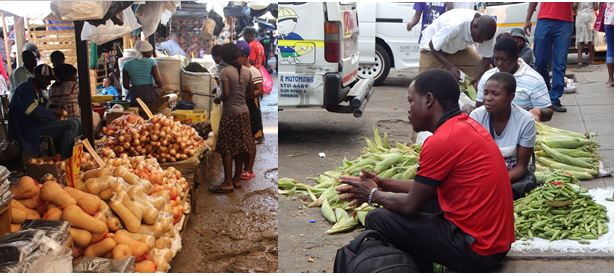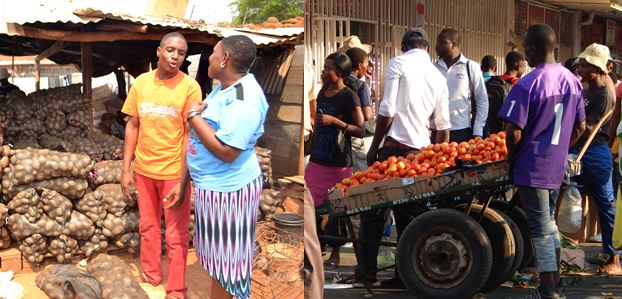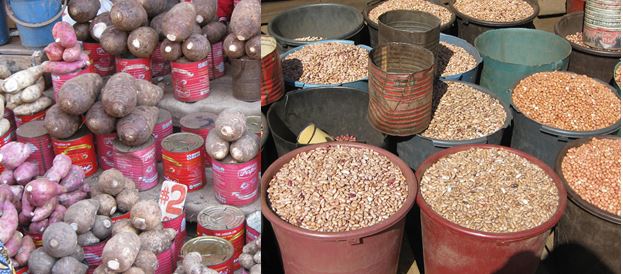Converting natural resources into food and raw materials requires thoughtful action
Converting natural resources into food and raw materials requires thoughtful action If converting natural resources into food and raw materials was as easy as it sounds, food insecurity and poverty would not be so rampant in most developing countries that are blessed with abundant natural resources. Although their populations were low, it seems African fore-fathers Read more about Converting natural resources into food and raw materials requires thoughtful action[…]

